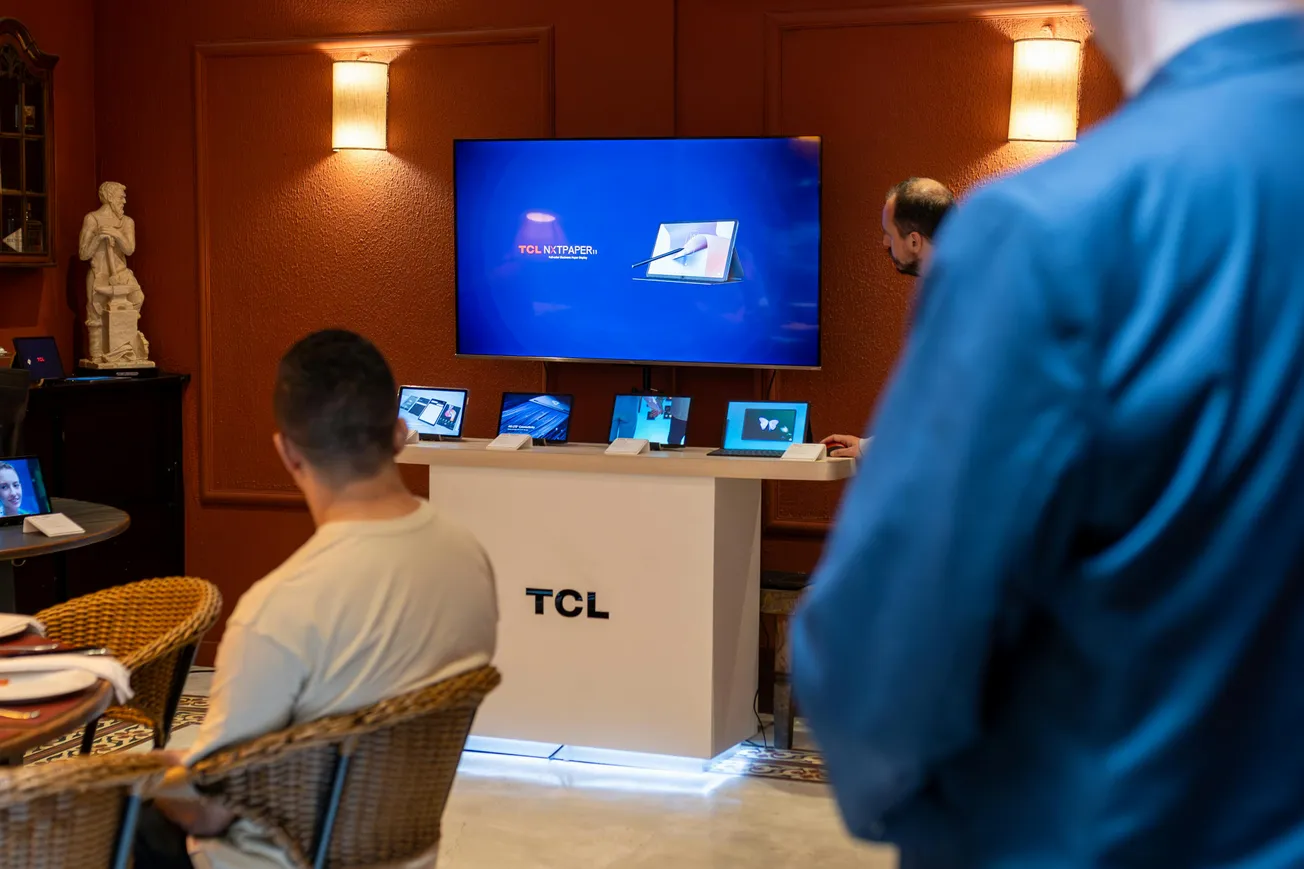E‑commerce platform TikTok Shop is sounding an alarm on a new wave of fraud driven by generative AI, with fraudsters creating fake brands and non‑existent products at scale to exploit the marketplace.
Nicolas Waldmann, head of governance and external affairs at TikTok Shop, described the situation bluntly: “It’s organized crime, to be honest.”
Between January and June 2025, TikTok Shop rejected 70 million products and removed 700,000 sellers for policy violations, underscoring the magnitude of the challenge.
The shift in tactics is notable. Fraudsters are now leveraging AI to generate imagery, manipulate product listings, fake reviews and evade moderation systems—making detection harder and turning what was once a retail headache into a full‑blown e‑commerce threat.
In parallel, independent reports cite phishing campaigns using tens of thousands of fake TikTok Shop domains to deliver malware or steal credentials.
For retailers, CPG brands and marketplace players, the implications are significant:
- Brand protection is elevated: Third‑party and smaller sellers may pose hidden risks to brand integrity and consumer trust.
- Marketplace oversight becomes a competitive differentiator: Brands that demonstrate strong compliance and seller‑governance controls will build trust with both platforms and consumers.
- Digital channels must be safeguarded: If social‑commerce platforms like TikTok Shop foster higher purchase intent, they also become potential vectors for fraud, which can ripple into inventory, reputation and fulfilment risk.
In short: the expansion of AI‑powered retail fraud is a structural change. Marketplaces are responding, but brands and retailers must proactively evolve their governance, audit and security practices to keep pace.







